
Just who we are
Seeking and doing justice is an essential part of who we are as Baptists, and what God calls us to do. By Simon Oxley
Sign the petition. Email your MP. Buy fair trade. Give to a campaigning charity. Such requests come thick and fast to us as churches and individuals alongside other mission opportunities. We respond to issues of justice in many different ways. So do lots of other people – people who are well meaning, who have a sense of fair play, who feel for the suffering of others. Thank God that a better part of our humanity is the ability to recognise injustice and the compassion to act.
However, we should stop and ask ourselves if our concern for justice as Baptists is simply about being caring people. I want to suggest that it is more than that. Justice is part of the essence of following Jesus Christ. It is a mark of our identity as Baptists. Whole books have been written about this but here are some brief suggestions as to why this is so.
As Baptists, we are not collections of individuals who have a personal relationship with Christ but communities of such people who are to discern the mind of Christ and then act on it. We do not separate ourselves from society in the way of some closed religious communities but engage in God’s love with our locality and the wider world. Our life together, therefore, is a witness to the justice and peace that lie at the heart of God’s relationship with us. The way in which we deal with one another in church is a sign of the reality of our values. When we see injustice, exploitation, abuse and prejudice on our doorsteps or the other side of the world we respond because we discern that this is not what God wants for people. We act out of love; the love that we have experienced and that we know God has for humanity and the whole created order.
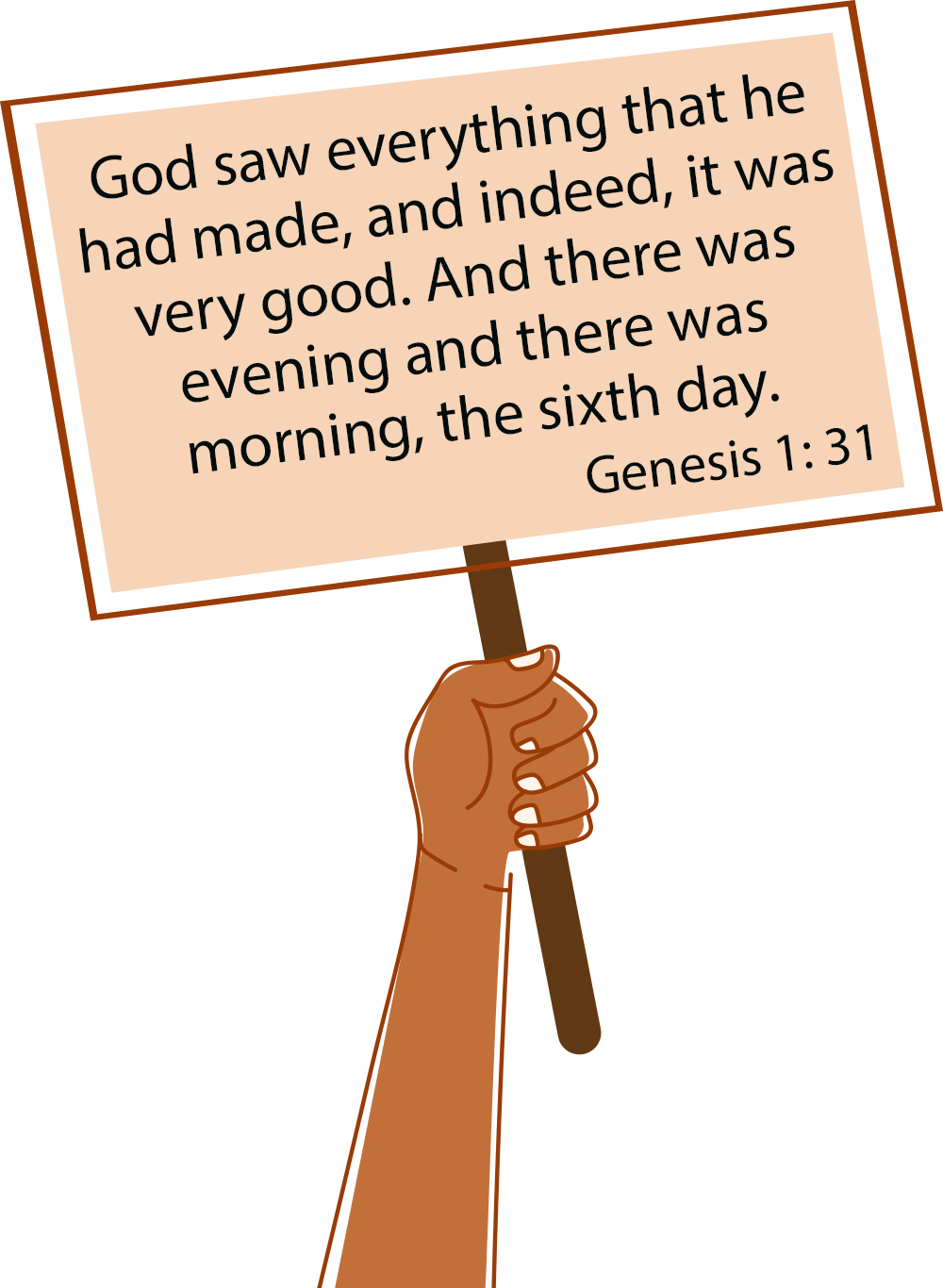
As Baptists, we turn to scripture for inspiration and challenge. From the early pages of the Bible, we read that humans are made in God’s image (Gen 1:27). If we believe that, we cannot accept the exploitation, enslavement or abuse of other people. We also read that God sees creation as good (Gen 1:31). We may think of environmental justice and climate justice as being modern concerns but our response to the degradation of the created order is rooted in our relationship to God.
The prophets challenge us with their speaking out, sometimes at great cost, on issues relating to the life of the nation and the practice of religion. Amos, for example, has an excoriating condemnation of those in the political/religious establishment who enjoy the best things in life whilst making the poor poorer and manipulating markets in their own favour (Amos 6 and 8). We are inheritors of that tradition of speaking truth to power. Baptists have wanted to keep a separation between church and state so as to do that with integrity. Amos also makes us look at our own practice. God, he says, will not accept the offerings and songs of worshippers when their ways are unjust.
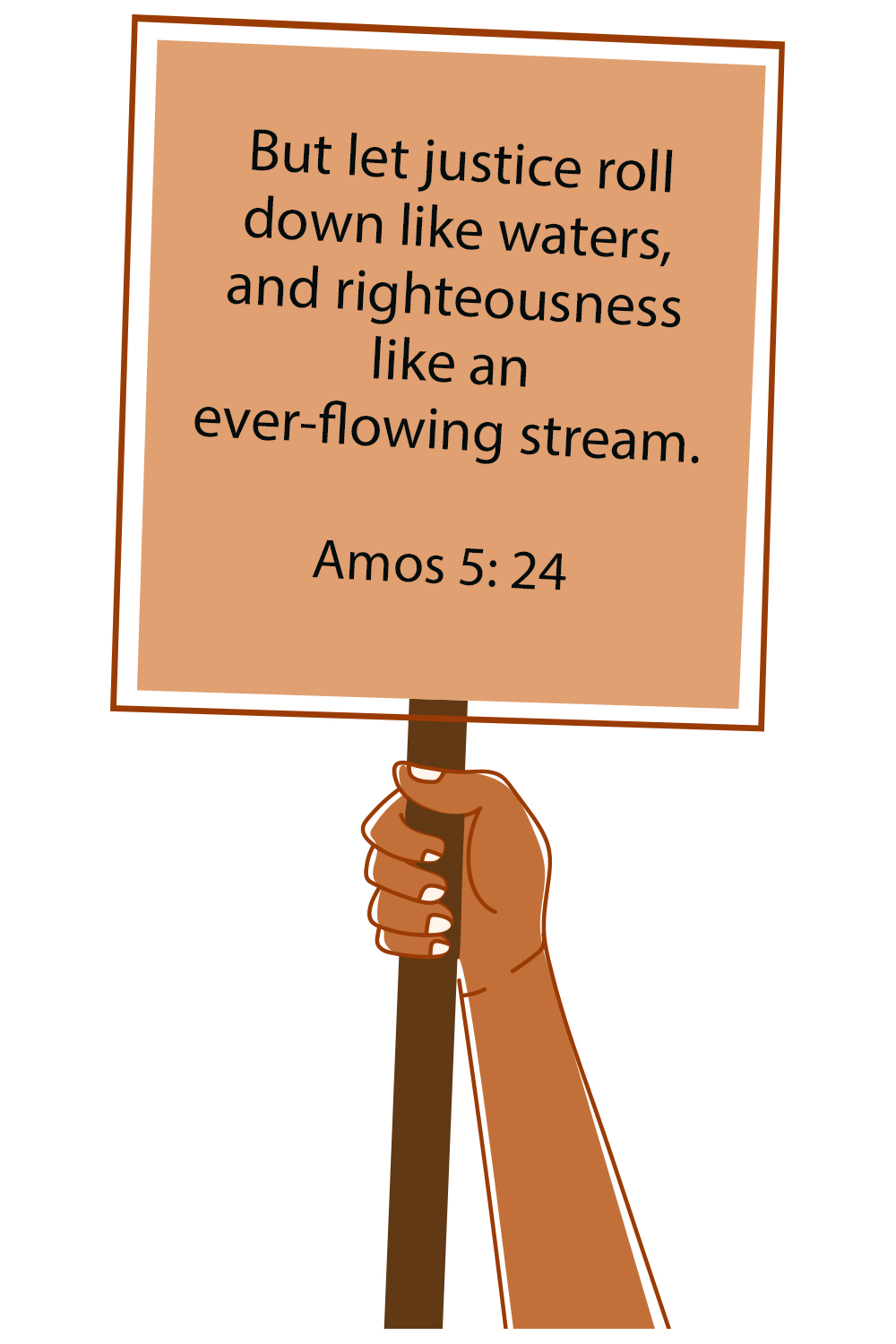
Instead ‘let justice roll down like waters and righteousness like an ever flowing stream’ (Amos 5:24). Isaiah suggests that true worship is expressed in loosing the bonds of injustice and letting the oppressed go free (Isaiah 58:6). Praise and worship are a significant dimension of being Baptist but we know we are not judged on the quality of our worship services but on the integrity of the whole of our lives together.
Leading up to Christmas, we will have read the passage that has become known as the Magnificat. Mary’s song of praise sets out God’s radical agenda in the baby she is carrying – lifting up the lowly and filling the hungry with good things (Luke 1:52-53). God not only judges but does justice. Jesus proclaims what the gospels call the kingdom of God or the kingdom of heaven: what life is like when things are done God’s way. Doing justice is part of our identity, our beliefs and our behaviour.
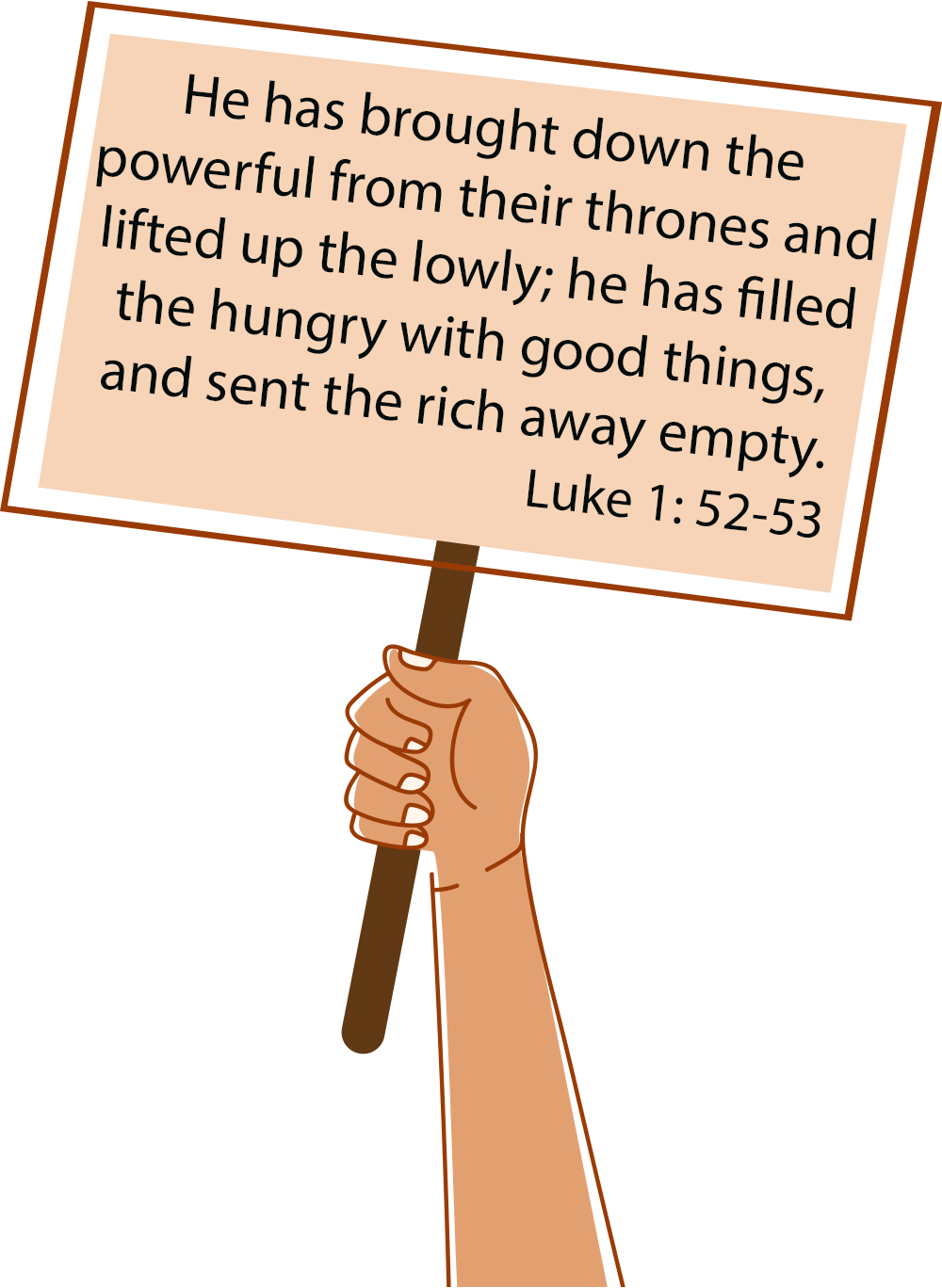
As Baptists, we have a story to tell about justice. Here are two examples. Just over 400 years ago, Thomas Helwys challenged King James 1 in arguing for freedom of religion. It would have been radical enough to claim that Baptists should be free to worship and practise their faith. However, Helwys made that claim universal, naming heretics, Muslims and Jews. Not justice for us but justice for all in matters of faith.
More recently, after a lot of heart searching, the
Baptist Union Council apologised for our part in the transatlantic slave trade. Doing justice requires taking steps to restore right relationships. It was achieved through listening to one another – something inherent to our Baptist way of being church.
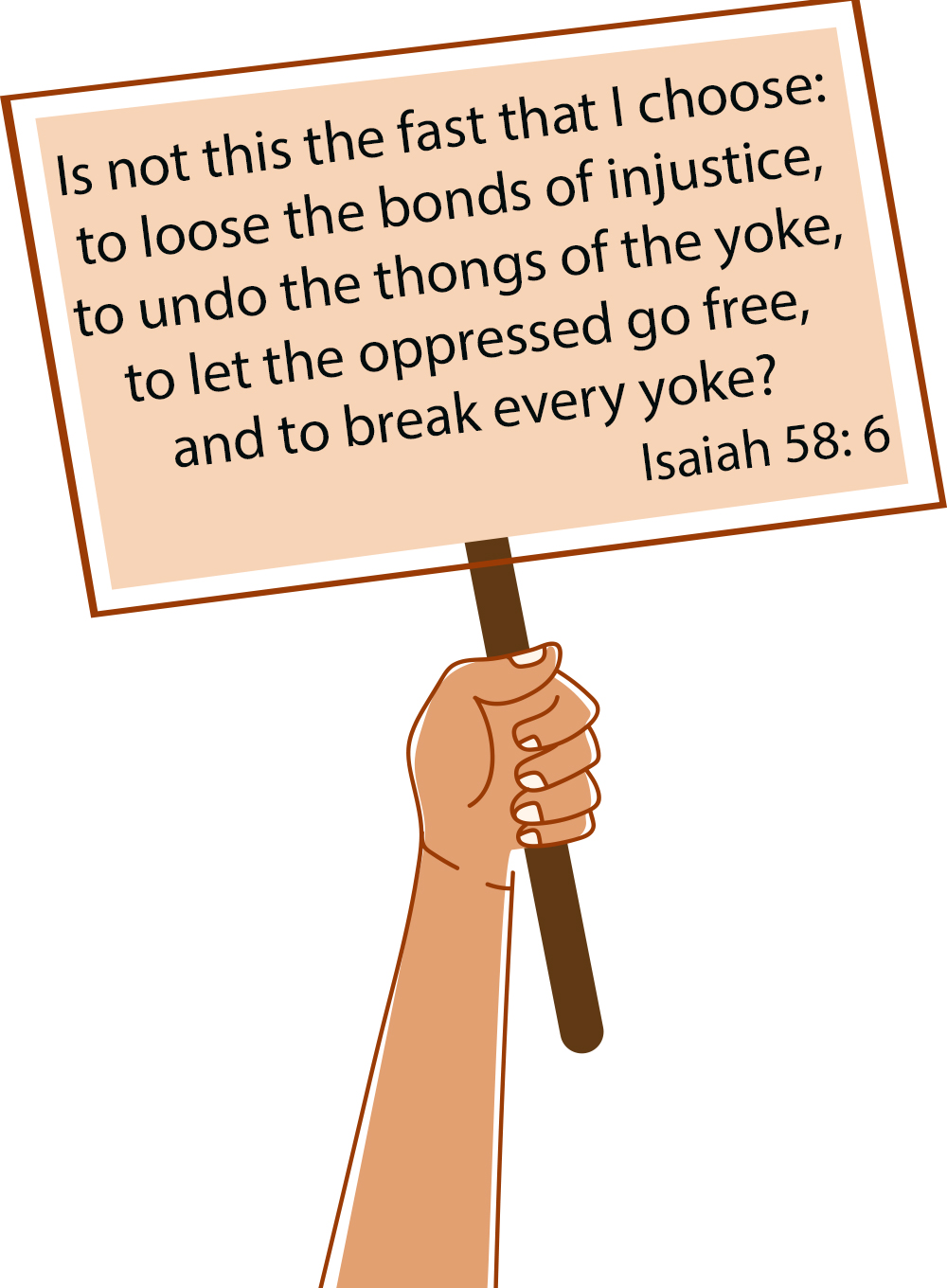
In pursuing justice, we may be accused of jumping on ‘worldly’ bandwagons. However, racial justice, gender justice, disability justice, climate justice, economic justice and all the other issues represent real experiences of exploitation and suffering to which Baptists feel called to pay attention. Not because other people are doing it but because of who we are as followers of Jesus Christ.
Each time we pray the Lord’s Prayer we express a longing for God’s kingdom to come on earth; for fullness of life for all. Seeking and doing justice is an essential part of who we are and what God calls us to do.
Click here to
download a pdf version of this article.
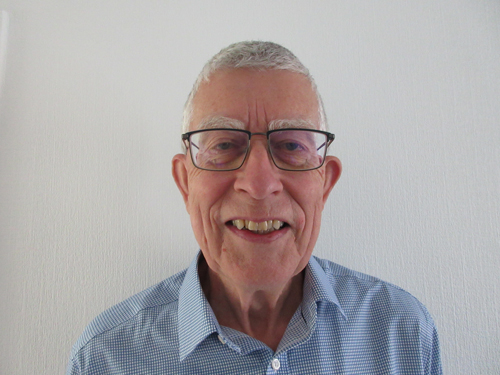 Simon Oxley
Simon Oxley is a retired Baptist minister who serves as facilitator of the Centre for Theology and Justice, based at Luther King House, Manchester
Illustration: Franzi | lightstock.com